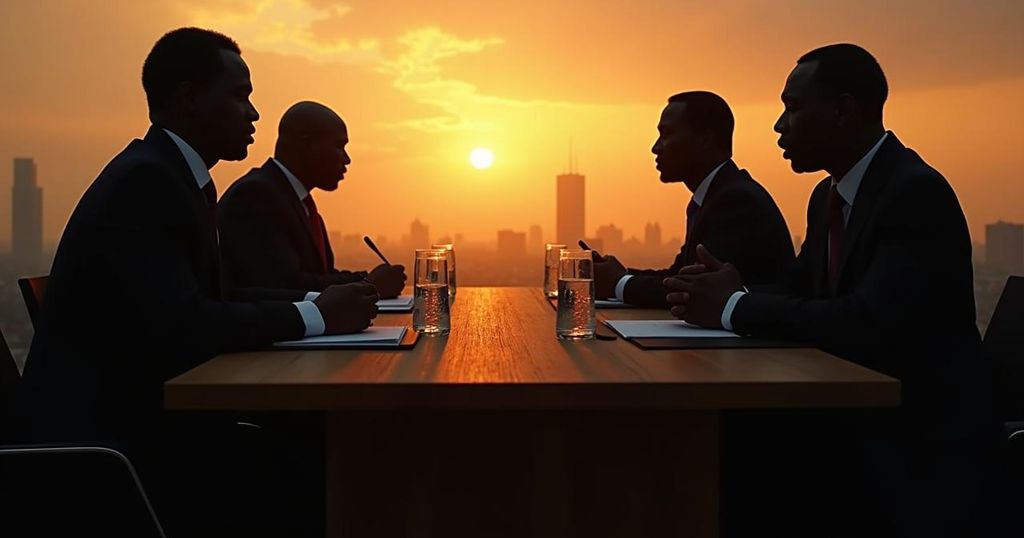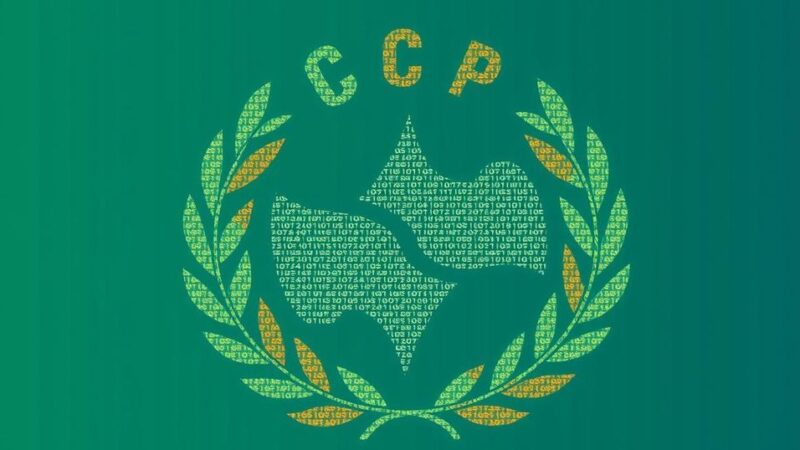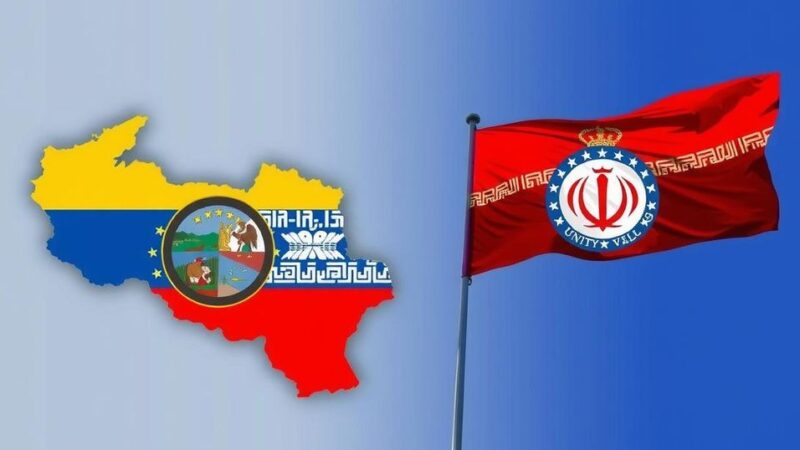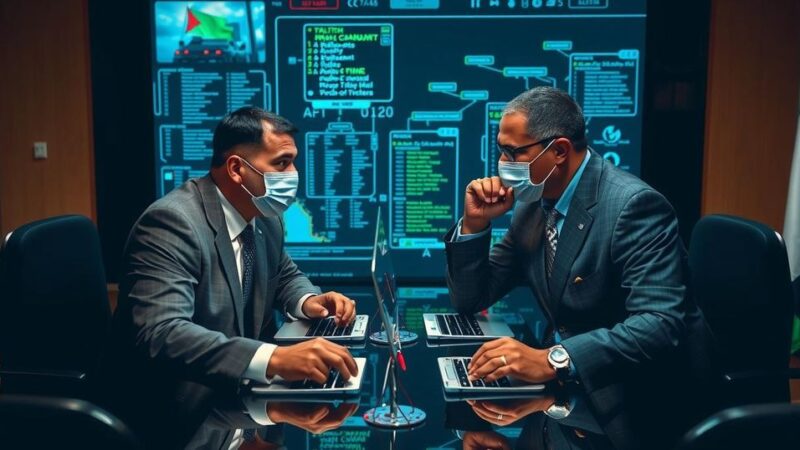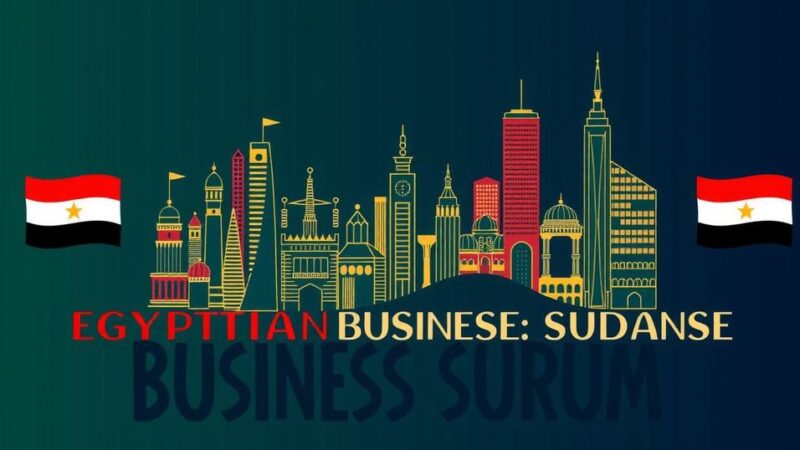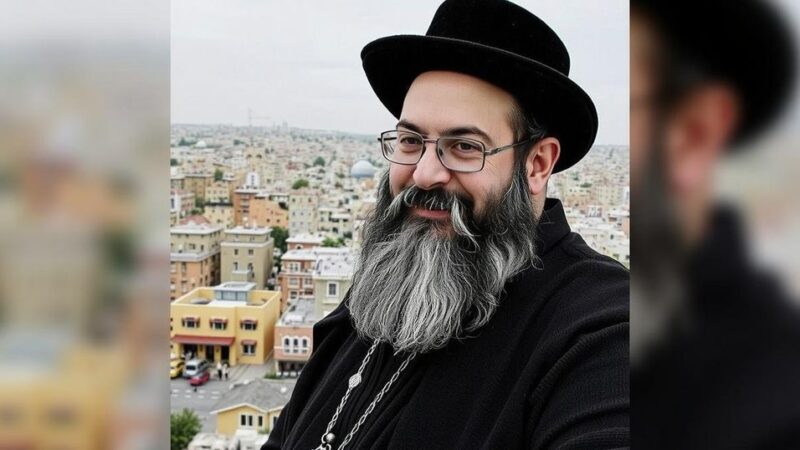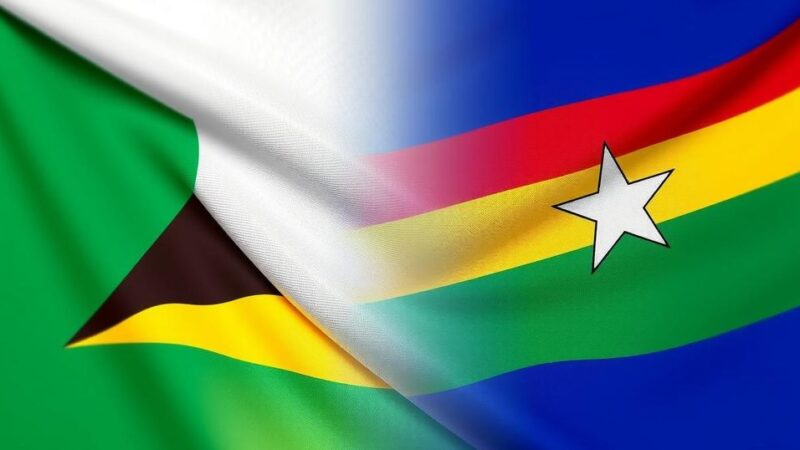Rwandan Foreign Minister Olivier Nduhungirehe announced that the Congolese Minister refused to sign an agreement intended to address the M23 conflict, which has displaced over 1.7 million individuals. This refusal follows previous negotiations that sought to neutralize the FDLR while alleviating Rwanda’s defensive stance amidst accusations of support for the M23. The complexities of the situation illustrate ongoing tensions between the DRC and Rwanda, as humanitarian crises escalate in the region.
On Saturday, Rwandan Foreign Minister Olivier Nduhungirehe reported that the Congolese Minister of Foreign Affairs had declined to sign a proposed agreement aimed at addressing the ongoing conflict involving the M23 rebel group in the eastern region of the Democratic Republic of Congo (DRC) – a conflict that has led to the displacement of over 1.7 million individuals. The M23, predominantly composed of Tutsi fighters, has been engaged in a violent insurgency since 2022. Rwanda has been accused by the DRC, the United Nations, and others of providing support in the form of troops and armaments to the M23. Despite these allegations, Rwanda firmly denies any involvement, asserting it has implemented defensive measures and accusing the DRC of collaborating with a Hutu rebel group, the Democratic Forces for the Liberation of Rwanda (FDLR), which has been known to attack Tutsis in both nations. Negotiations aiming to alleviate the conflict took place in late August, seeking to mitigate the deepening humanitarian crisis in the region, which has raised concerns over the potential for a broader conflict. Mr. Nduhungirehe stated to Reuters that a consensus had been reached among negotiators, including Congo’s military intelligence chief, to introduce a plan designed to neutralize the FDLR and subsequently ease Rwanda’s defense measures. This agreement was scheduled for ministerial signing on September 14. Mr. Nduhungirehe claimed, “We were ready to sign … but the Congolese minister refused. She first commented on the report and then later, after consultation, she came back. She told us she was opposed to adopting the report.” The proposed plan stipulated that actions against the FDLR would precede the relaxation of Rwanda’s defense measures, an arrangement that was contested by the Congolese minister, who insisted that both actions should occur concurrently. A request for comment from the Congolese government’s spokesperson did not receive an immediate response. During the concurrent summit of leaders from French-speaking nations in France, both President Felix Tshisekedi of the DRC and President Paul Kagame of Rwanda were present. Despite a proposal from French President Emmanuel Macron for a joint meeting, both leaders ultimately held separate discussions with him.
The situation surrounding the M23 conflict involves long-standing tensions in the Great Lakes region of Africa, particularly between Rwanda and the DRC. The M23 group, emerging in 2022, has its roots in prior rebel movements and ethnic conflicts that have plagued eastern DRC for decades, particularly involving Tutsi and Hutu groups. The international community, including the United Nations, remains deeply concerned about the humanitarian impacts and the potential for conflict escalation. Negotiations aimed at achieving a resolution have been ongoing, illustrating the complexities and challenges in achieving peace in the region amid mutual accusations and differing narratives between the two nations.
In conclusion, the refusal of the Congolese Foreign Minister to finalize the agreement proposed to mitigate the M23 conflict underscores the persistent tension and complexity of relations between the DRC and Rwanda. The situation remains critical, with over 1.7 million people affected by the ongoing violence, demanding consistent efforts towards dialogue and resolution to foster peace in the region. The continued diplomatic engagements, although challenging, highlight the necessity for collaborative efforts to address the humanitarian crises and geopolitical tensions inherent in the region.
Original Source: www.usnews.com
